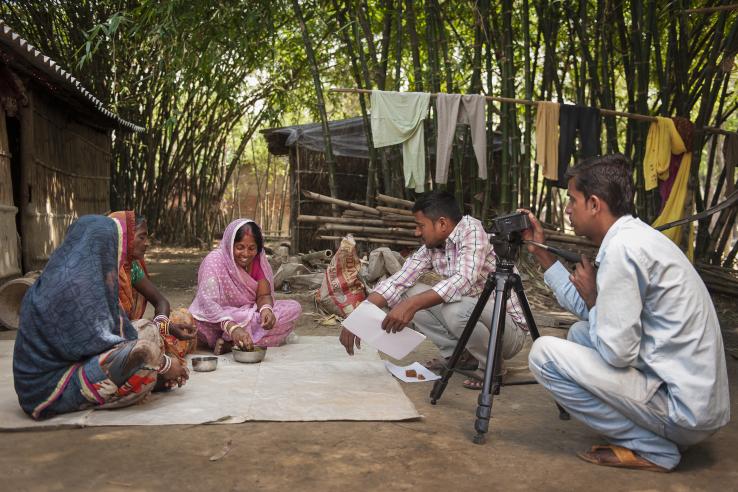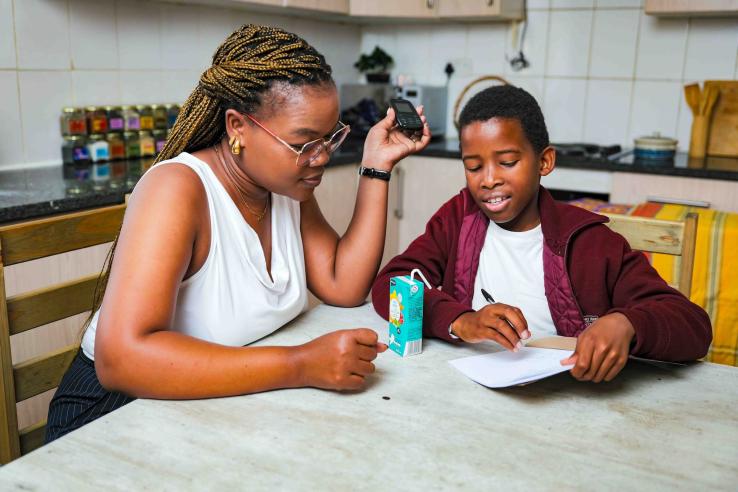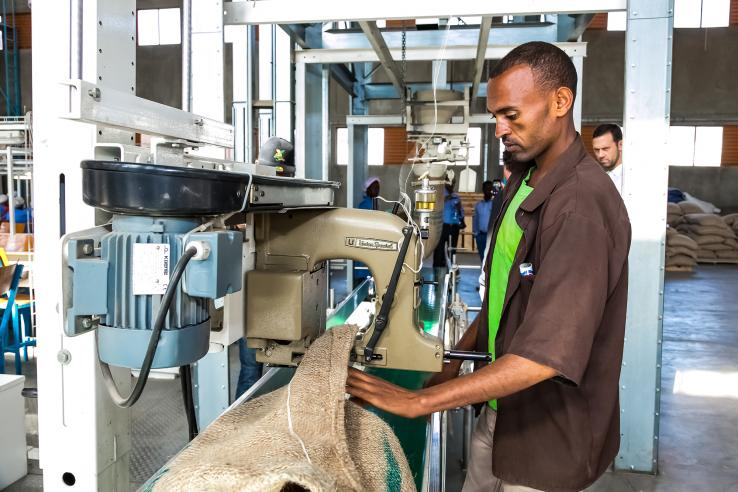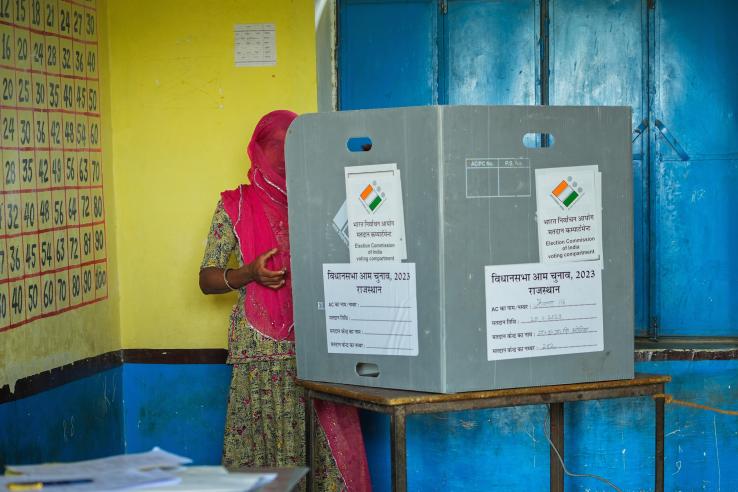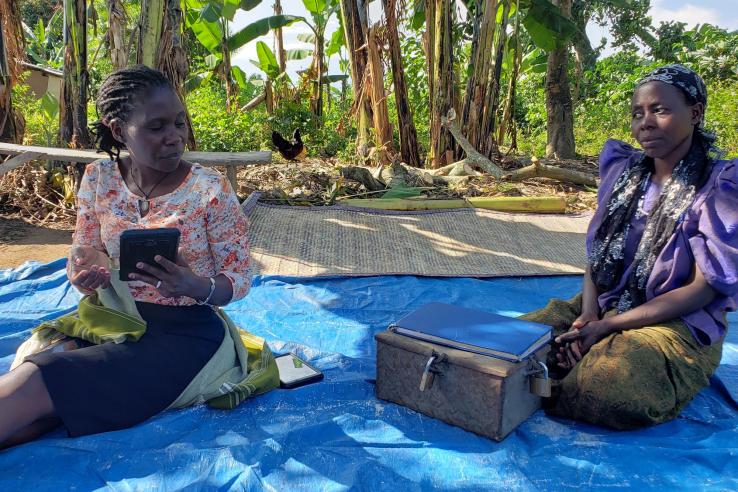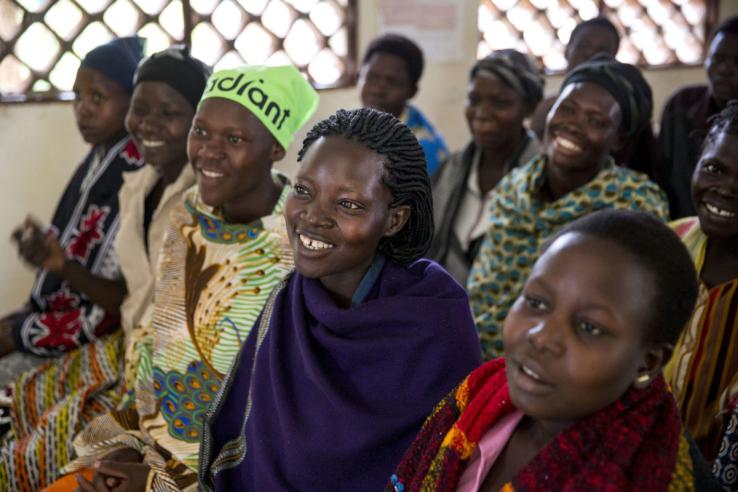Displaying 4636 - 4650 of 8467
Evidence to Policy Case Study
Case study
Digital Green leveraged findings from randomized evaluations to refine and scale its video-based agricultural extension model, reaching more than 7.2 million small-scale farmers in India and around the world.
Evaluation
Researchers are designing and evaluating a soft skills training program that incorporates imagery for entrepreneurs who have experienced violence or other traumatic or challenging life circumstances in Bogotá, Colombia.
Blog
In a series of 12 iterative A/B tests, researchers compared two versions of our tutoring program in Botswana to see which performed better. At the end of each test, results were compared and whichever version delivered the most impact for the least amount of money was generally adopted as the new...
Resource
Basic page
Our research, policy, and training work is fundamentally better when it is informed by a broad range of perspectives.
Resource
Basic page
In this course, participants learn what information is needed to answer their policy or research questions, how to design good survey instruments, how to pilot and refine a survey, and how to develop field protocols.
Resource
Layout Page
The Pathways to Preschool project, the result of a partnership between J-PAL Latin America and the Caribbean, Bracell Foundation, Itaú Social, academia and the public sector, aims to strengthen learning and the development of children in preschool.
Evaluation
Researchers conducted a randomized evaluation of job fairs in Addis Ababa, Ethiopia, to test the effect of face-to-face interactions between formal firms and job seekers on workers’ chances of getting a job.
Evaluation
Researchers evaluated the impact of exposure to and incentives to consume discordant media on political attitudes and behaviors in Turkey. Participants changed their media consumption habits, trusted discordant media sources more, and had less polarized attitudes towards the government, but did not change how much they trusted people with opposing political views.
Evaluation
Researchers evaluated the impact of a flexible microloan product on new clients' repayment behavior, business outcomes, and client satisfaction. The results showed that the flexible loan led to some shifts in investment behavior but had no average impact on revenue or profits and led to higher default.
Evaluation
Researchers evaluated a voter information campaign and exploited the random assignment of reservations for women in village councils to measure the impact of information and reduced incumbent advantage on village council elections. Both interventions increased the number of candidates and drove the worst performers out of the race, though in the case of the voter campaign they had short-term costs in terms of officials’ performance post-election.
Evaluation
Researchers conducted a randomized evaluation to test whether supplementing SGs with additional funds impacts SG members' financial access and behavior. Capital infusions to Sgs increased members' access to loans and members received more money at the end of year payout, without increasing defaults and debt.
Evaluation
The researcher used a randomised evaluation in Kenya and Uganda to study the impact of varying access to information about prices in buying and selling markets, and encouraged informal traders to enter new markets and take advantage of price differences.
Evaluation
An evaluation of a microenterprise assistance program, with and without involving male partners, found that it improved women’s economic outcomes, but that depended on the quality of women’s relationships with their intimate partners. While the program had no impact on IPV, involving male partners did improve relationship quality.
Evaluation
Researchers studied the effects of a university policy in South Africa to promote racial integration, by randomly allocating incoming students to roommates of a different race. The policy reduced negative racial stereotypes among white students, improved attitudes and behaviors towards members of other races, and improved academic performance among black students.
